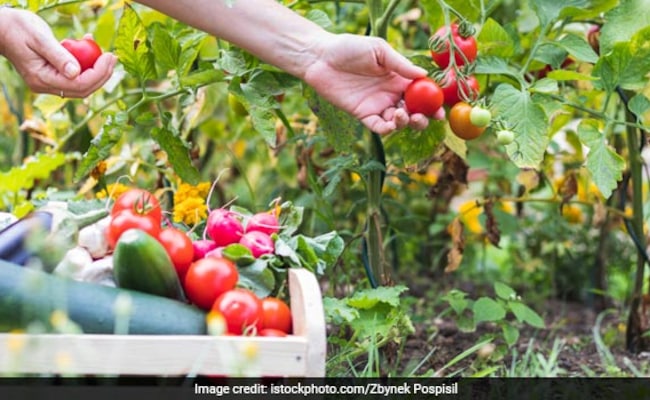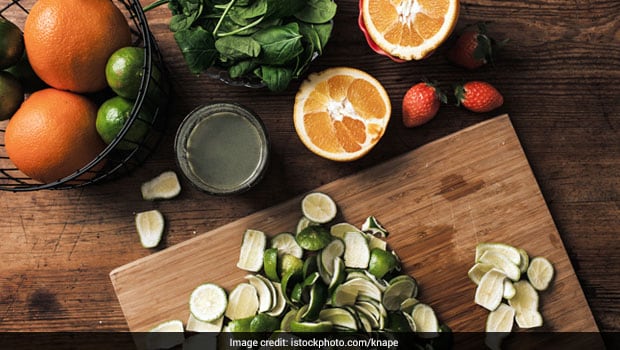Earth Day is celebrated every year on April 22 to honour our planet and address the issues plaguing it. For 2021, the theme is "Restore Our Earth" - focussing on technology and practices that can restore the ecosystems of the world to their former glory. Many of us think that we can't do much about issues such as global warming or pollution. We assume that those are problems solved between countries and multinational corporations in international conferences. Well, we are here to tell you that you can do your bit every day from your kitchen itself. How? By practising the art of zero-waste cooking.
What is zero-waste cooking?
When we use a vegetable, we tend to use only a particular part of it. A large quantity of the product that we deem unfit for use is thrown into the dustbin. But zero-waste cooking means little to nothing reaches the waste bin and practically everything is used effectively.
A tremendous amount of food wastage can be prevented if every home uses all its food products to the optimum. Therefore, it is no surprise that experts ranging from chefs to climate activists are promoting and encouraging zero-waste cooking.
Here are some tips that will help you join the zero-waste bandwagon.
1. Grow your own food
Most of us have spent a large part of the last year staying indoors. This year, too, many of us find ourselves working from home or with some spare time on our hands. This would be the perfect time to start your little vegetable garden in the balcony and on the terrace. Not only can gardening prove therapeutic, but you will also be consuming your very own brand of organic food. Also, some of the "waste" from the kitchen like tea leaves, eggshells and fruit peels can help in your farming as compost.
(Also Read: Want To Grow Organic Food At Home? Here Are 5 Foods To Start With)

Earth Day 2021: How about starting your own kitchen garden?
2. Cook the right quantities
With all the extra time, most of us are also putting on our chef's hat. While there is nothing wrong with this, remember to cook only what you and your family can consume. Often, we tend to cook too much and throw the leftovers after a few days of it sitting in our fridge. If you do have leftovers, don't be afraid to get innovative. Your salad today can be your sandwich stuffing tomorrow.
3. Shop wisely
This is not only good for the planet but also for your budget and health. Read the labels to check the shelf-life of a product. Don't pick too many products that can expire easily, rendering them useless after a few days. Also, choose products that can be used in more ways than one. For instance, raw mango can be used in salads, chutneys and traditional Indian curries. This gives you more options to play with.
(Also Read: 3 Quick And Easy Ways To Use Leftover Chicken At Home)

Earth Day 2021: Ingredients can be used in multiple ways, for instance, raw mangoes.
4. Use the right utensils
Replace plastic utensils with steel or cast-iron vessels. Even wooden and bamboo utensils serve as good alternatives that also help in imparting an earthy flavour to the food we consume. Single-use plastics must be avoided as they are known to be irreversibly damaging to the environment.
5. Root-to-shoot cooking
We often tend to discard the stems and leaves of vegetables. But in zero-waste cooking, you are encouraged to use every part of the vegetable or fruit. If you cannot find a place for all the parts in your recipes, use them for composting. For instance, consider the most popular vegetable in most homes - the potato. The skin of the vegetable always finds its way to the dustbin. Instead, you can finely chop the skin, fry it and use it as crispy toppings.
(Also Read: Ripen Green Tomatoes At Home With This Easy Trick!)

Earth Day 2021: Crispy potatoes is one of the most common dishes in Indian cuisine.
Find more such ideas here.
So next time you step into the kitchen, give that dustbin a miss and do your bit for the Earth.








